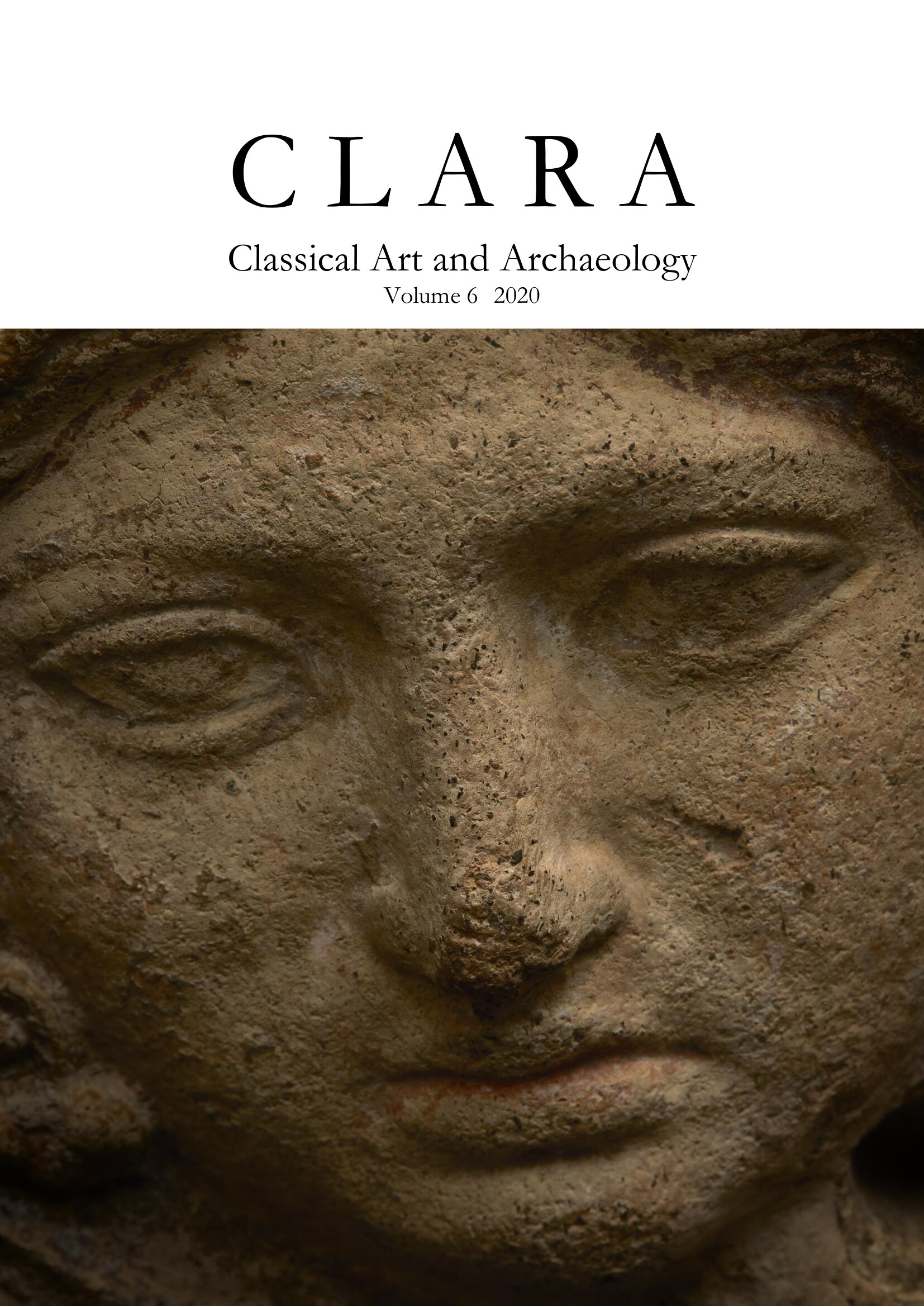Kale Akte – ‘the Fair Promontory’. New Research and Interpretations on the Urban History and Foundation by Ducetius
DOI:
https://doi.org/10.5617/clara.8676Abstract
This paper examines the origins of the ancient urban settlement Kale Akte on the north coast of Sicily, based on the extensive excavations and research carried out at Caronia and Caronia Marina over the last two decades. It is suggested that the name Kale Akte – ‘Fair Promontory’ – was probably coined in Archaic times by Greek merchants and would have derived from the promontory with its harbour, an obvious landmark for the Greeks. The recently discovered Archaic harbour at Caronia Marina is regarded as a Sikel harbour, created as a maritime outlet for a Sikel settlement that must have existed on the hill-top of Caronia before the foundation by Ducetius. The archaeological finds suggest that the Sikel settlement was well acquainted with the Greek custom of the symposion. In the Archaic period, Kale Akte can be viewed as a ‘middle ground’ where traders of different ethnicities and cultural identity put differences aside in order to make a profit on trade. The topographical characteristics of the site are compared with the two other alleged foundations by Ducetius: Menai (Mineo) and Paliké. The hill-top of Caronia has close similarities with Mineo, but also with Cittadella, the precursor to Morgantina. Ducetius cannot have been the instigator behind the grand urban plan of Morgantina, since all his urban projects seem to have been on a relatively limited scale. The topographical situation of Kale Akte is also compared with that of the neighbouring cities Halaesa, Apollonia and Haluntium. However, the interests of these urban centres were dominated by territorial ambitions, while Kale Akte appears to have specialized in trade and maritime commerce from its inception. It is suggested that the harbour of Kale Akte in Roman times may well have served a much larger area than its own territory. The foundation of Kale Akte on the hill-top of Caronia is thought to have been undertaken by Ducetius with the consent of Syracuse, which was interested in founding a maritime trading post on this part of the coast, and was still under Sikel dominion. This would explain the open character of the settlement and the lack of any fortifications.



